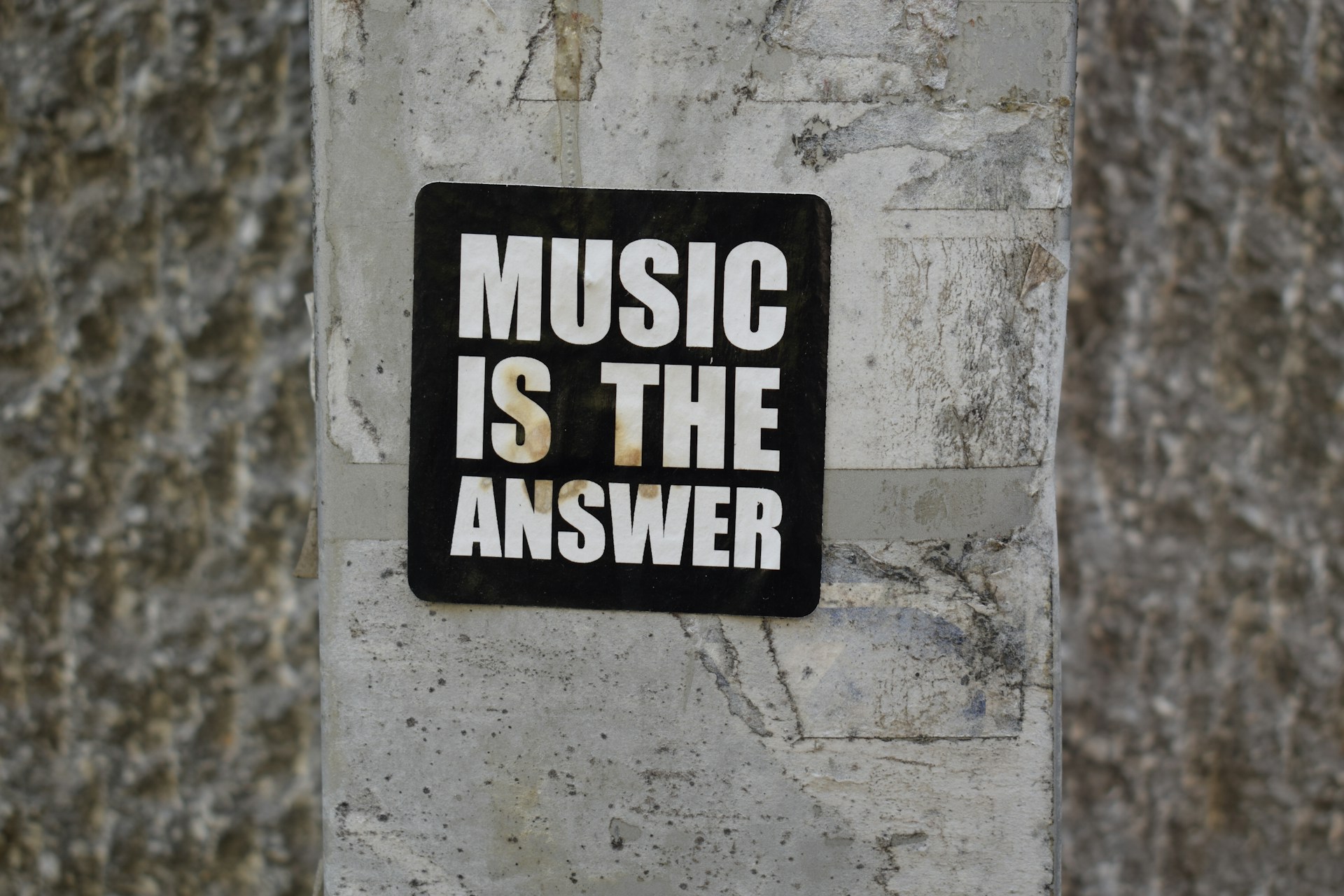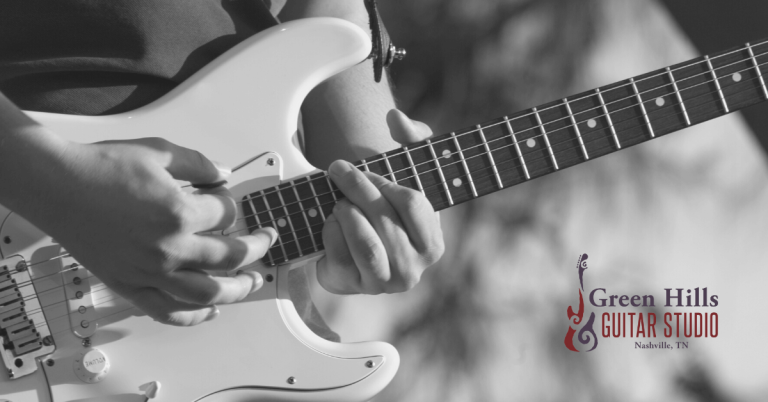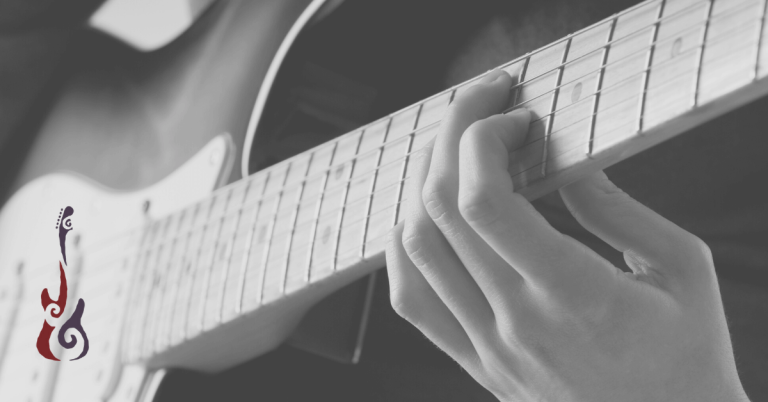The Musician’s Brain in Motion: How Playing Guitar Builds Focus, Flow, and Real-Time Mastery
Every performance tells the story of two instruments—the guitar in your hands and the brain that plays it. When you perform, dozens of systems inside your body work together in a complex conversation: motion, timing, hearing, memory, and emotion all sync to create music in real time. This is the mystery of the musician’s brain.
Playing isn’t just creative expression. It’s mental training at the highest level. Like an athlete refining precision or a meditator sustaining focus, a musician learns to stay present under pressure and responsive to sound.
When you practice consistently, your brain learns how to move, listen, and react as one seamless system. That’s what transforms technical skill into artistry.
1. Focus Under Pressure
During performance, the brain naturally shifts gears. The analytical part quiets down while motor and auditory systems take the lead. This helps you react faster and stay connected to what you hear instead of overthinking what’s next.
That shift—the transition from conscious control to instinct—is what makes live playing feel both calm and alive. Through repetition, your brain learns to enter this focus state more quickly, allowing trust to replace tension.
Related reading: The Psychology of Practicing: How to Stay Motivated Long Term
2. Real-Time Decision Making
Improvisation and live performance build mental agility. When a player adjusts to a drummer’s feel, stretches a solo, or reacts to a mistake on stage, the brain handles a rush of real-time choices—listening, anticipating, and executing in fractions of a second.
These split-second adjustments strengthen executive function, the part of the brain that governs flexible thinking. Every moment of musical adaptation—whether subtle or dramatic—makes your thinking sharper and your reactions faster.
Related reading: Practice Strategies to Improve Your Timing and Groove
3. Timing and Coordination
Rhythm lives in your brain’s timing centers, where movement and hearing work in perfect sync. As a guitarist, you train this connection every time you align strumming, fretting, and listening.
The more you practice, the more these systems lock together. What once required counting becomes feel. Seasoned players don’t think in numbers—they sense the pulse and move inside it.
Related reading: The Art of Dynamics: Bringing Emotion to Your Guitar Playing
4. Flow State: Effortless Awareness
When skill and focus align, you enter flow—the experience of total engagement where time disappears and everything feels effortless.
In that state, the brain releases dopamine, the neurotransmitter linked to pleasure and motivation. It’s why a perfect take or inspired solo feels euphoric. Flow is the reward for preparation meeting presence, where your awareness and instincts become the same thing.
Related reading: Embracing Neuroplasticity Through Music
5. Emotion and Movement
Emotion isn’t something you add to music—it’s built into the way your brain moves. The regions that control feeling and motion are tightly connected, which is why expression improves precision. When you mean what you play, your phrasing, tone, and timing naturally align.
That’s also why emotional engagement helps learning stick. Songs you feel deeply are easier to remember because the brain treats them as meaningful information worth keeping.
Related reading: The Many Benefits of Playing Music
6. The Meditative Side of Performance
Even when the stage looks intense, the performer’s mind often feels quiet. Neuroscientists have found that musicians in deep focus show the same calm brainwave patterns as experienced meditators.
That stillness improves coordination, confidence, and endurance. Over time, slow, mindful repetition in the practice room teaches your body and mind how to stay steady in front of an audience.
Related reading: How to Create a Practice Routine That Works for Your Schedule
7. Training the Mind to Perform
Performance is a skill you can train. Visualization, slow breathing, and reflection strengthen the brain’s ability to stay calm and focused in real situations.
- Visualization: Walking through a set in your mind strengthens the same neural pathways used during performance.
- Breathing: Controlled breathing stabilizes rhythm and focus.
- Reflection: Reviewing your playing afterward helps the brain integrate feedback into long-term improvement.
Each small habit builds mental endurance, which carries over to the stage.
8. The Feedback Loop of Mastery
The brain learns fastest when feedback is immediate. Every note you play produces a sound that your mind instantly evaluates. That response—adjusting touch, tone, or timing—is what builds mastery.
This feedback cycle, called sensorimotor coupling, keeps your brain alert and adaptive. Live playing accelerates this process because the information loop is constant: listen, react, refine, repeat.
Related reading: Why You Don’t Remember What You Practice (and How to Fix It)
9. Balancing Analysis and Instinct
Great players move between two modes of mind. Practice builds structure and precision; performance depends on release and trust. The shift between them is what creates expressive confidence.
This is where the musician’s brain truly shows its strength—not in memorizing or executing but in knowing when to let go.
10. The Performer’s Mindset
Mastery is less about perfection than about attention. When your body knows the notes and your mind stays present, playing becomes something closer to meditation in motion.
Music trains patience, focus, and self-awareness. It’s both a physical craft and a way of thinking, and that dual nature is what makes playing guitar such a deep and lifelong practice.
Ready to Strengthen Your Focus and Flow?
At Green Hills Guitar Studio, we teach guitar as both a technical and mental craft. Our lessons help you develop focus, coordination, and creative flow—the tools that turn practice into performance.
If you want to play with more confidence and awareness, we can help you find that balance between focus and freedom. We offer music and songwriting lessons in Nashville and online anywhere in the world.







